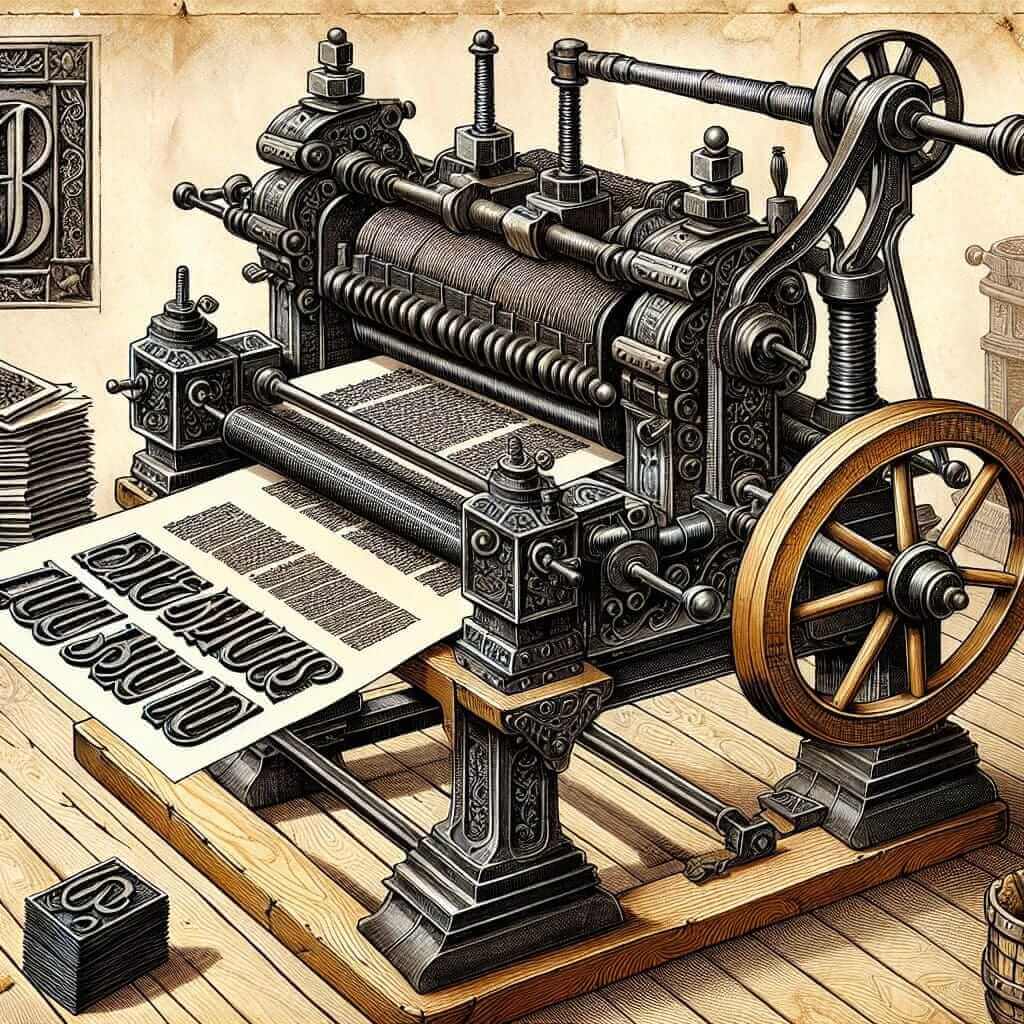As an IELTS instructor with over two decades of experience, I’ve witnessed firsthand the challenges students face with the Reading section. One of the most common questions I encounter is, “What is meaning in IELTS Reading?” It’s a question that goes beyond simply understanding vocabulary; it’s about grasping the essence of the text and navigating its complexities.
This guide aims to demystify “meaning” in the context of IELTS Reading. We’ll explore its nuances, provide practical strategies, and equip you with the skills to confidently tackle this crucial section.
What Does “Meaning” Really Mean in IELTS Reading?
In IELTS Reading, “meaning” refers to your ability to accurately interpret the information presented in the text. It’s not just about understanding individual words, but also:
- Identifying the Central Theme: What is the main point or argument the author is trying to convey?
- Recognizing Supporting Ideas: How does the author develop and support their main points?
- Understanding Relationships Between Ideas: Can you identify cause and effect, comparisons, contrasts, examples, and other logical connections within the text?
- Inferring Meaning: Can you draw logical conclusions from the information provided, even if it’s not explicitly stated?
Mastering Meaning: Strategies for Success
Here are some key strategies to help you effectively understand meaning in the IELTS Reading section:
1. Develop Your Reading Skills
- Skimming and Scanning: Practice skimming for the gist of a paragraph and scanning for specific information.
- Active Reading: Engage with the text by underlining key points, making notes in the margins, and summarizing paragraphs in your own words.
- Vocabulary Building: Regularly expand your academic vocabulary. Pay attention to synonyms, antonyms, and how words are used in different contexts.
2. Analyze Question Types
Familiarize yourself with the different types of questions in the IELTS Reading section. Each question type tests your understanding of meaning in a specific way. For example:
- Multiple Choice: Requires you to identify the best answer from a list of options, testing your ability to differentiate between similar meanings.
- Matching Headings: Assesses your ability to grasp the main idea of a paragraph or section.
- Sentence Completion: Requires you to understand the context of a sentence and choose the most appropriate word or phrase.
3. Practice with Authentic Materials
Use practice tests and IELTS reading materials from reputable sources to hone your skills. Focus on understanding the overall meaning of the text before attempting the questions.
Illustrative Examples from IELTS Reading
Let’s analyze an example to illustrate how understanding meaning is crucial for success:
Text Excerpt:
“The invention of the printing press in the 15th century revolutionized the way information was disseminated. Prior to this groundbreaking innovation, books were painstakingly copied by hand, making them a luxury afforded only by the elite.”
Question:
What was a significant consequence of the printing press invention?
(A) It made books more aesthetically pleasing.
(B) It led to a decline in literacy rates.
(C) It made information accessible to a wider audience.
Answer and Explanation:
The correct answer is (C). The text states that before the printing press, books were a “luxury afforded only by the elite” because they were copied by hand. The printing press, therefore, made books more readily available, disseminating information to a wider population.

Tips for Success:
- Time Management: Allocate your time wisely. Don’t spend too much time on a single question.
- Context is Key: Always refer back to the text and consider the surrounding sentences to understand the full meaning.
- Don’t Panic: If you encounter unfamiliar words, try to infer their meaning from the context.
Conclusion
Mastering the art of understanding meaning is fundamental to achieving a high score in the IELTS Reading section. By honing your reading skills, familiarizing yourself with question types, and practicing consistently, you can confidently approach this section and demonstrate your comprehension skills. Remember, the key is to go beyond simply recognizing words; strive to grasp the essence of the text and navigate its nuances with confidence.